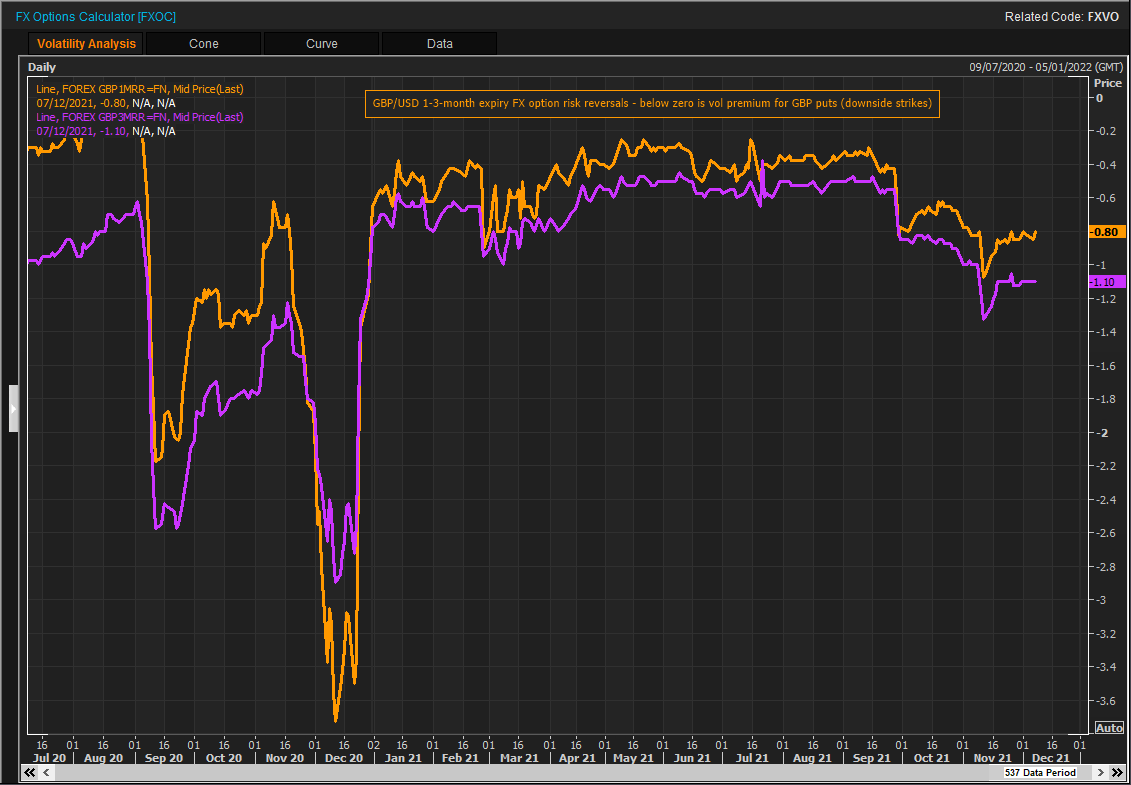
There are many differences between stocks and futures as investment vehicles. Although both have their pros and cons, the stock exchange is more well-known and most people understand the basics. Stock markets allow investors to purchase shares of companies and then hold them directly or indirectly via mutual funds. These types of investments come with unique risks that should be considered before you make any investment decision. This article will compare futures and stocks as investments to help you make an informed decision.
Investing in futures and stocks
There are many similarities in stocks and futures. Both require you to invest in a broker. They are facilitated by an exchange such as the New York Stock Exchange and Chicago Mercantile Exchange. Stocks can be long-term investments, while futures have a shorter time horizon. However, both offer diversification in your portfolio, which is important when investing in both. This article will compare the pros and disadvantages of investing in futures.

Futures trading
The principal difference between trading stocks or futures is the degree of leverage. While trading stocks involves full payment of the contract, in trading futures, a minimum payment is made up front. You may also need to have an initial margin requirement that is higher depending on what index or asset you are trading. Day trading is not the same as stock trading. Instead of buying the underlying shares, the trader trades a standardised agreement with a specified size.
Tax treatment
Joe the trader likes day trading silver futures contracts and Apple stock. He has made $10,000 from both types of trading this year. Stocks are subjected a standard capital loss tax rate at 35%. Futures, however, are subjected a 60/40 system: 40% are taxed on short-term capital gains and 60% are taxed on long-term gains at 15%. The difference is substantial, and the tax implications should be considered when determining the best allocation of capital between the two.
Leverage
Although the difference in leverage between futures and stocks may seem minimal at first glance, it's actually very different. Both cases have a large portion of a contract's worth being controlled by a small amount of market capital. This is known as a performance bond. To invest, you must maintain a margin of 3 to 12 percent of the contract’s value. With this greater capital efficiency, you can control large amounts of a contract's values with a relatively low percentage of the capital market capital.

Short selling
Both stocks as well as futures have both advantages and disadvantages. Both stocks and options have expiration times. Stocks can expire at any time, but futures rarely do. S&P Emini Futures expire on Friday, March 3, June 6, September, September, and Dec. If you are worried about a stock's price drop, selling futures can help you make some money. It is possible to short sell stocks, although it is more difficult.
FAQ
How do I invest my money in the stock markets?
Brokers are able to help you buy and sell securities. A broker sells or buys securities for clients. Brokerage commissions are charged when you trade securities.
Brokers usually charge higher fees than banks. Banks are often able to offer better rates as they don't make a profit selling securities.
An account must be opened with a broker or bank if you plan to invest in stock.
A broker will inform you of the cost to purchase or sell securities. The size of each transaction will determine how much he charges.
You should ask your broker about:
-
You must deposit a minimum amount to begin trading
-
Are there any additional charges for closing your position before expiration?
-
What happens if your loss exceeds $5,000 in one day?
-
How long can you hold positions while not paying taxes?
-
whether you can borrow against your portfolio
-
whether you can transfer funds between accounts
-
How long it takes transactions to settle
-
The best way buy or sell securities
-
How to Avoid Fraud
-
How to get help when you need it
-
whether you can stop trading at any time
-
Whether you are required to report trades the government
-
whether you need to file reports with the SEC
-
How important it is to keep track of transactions
-
Whether you are required by the SEC to register
-
What is registration?
-
How does it affect you?
-
Who is required to register?
-
When do I need to register?
How are shares prices determined?
Investors decide the share price. They are looking to return their investment. They want to earn money for the company. They purchase shares at a specific price. Investors will earn more if the share prices rise. If the share value falls, the investor loses his money.
An investor's main objective is to make as many dollars as possible. They invest in companies to achieve this goal. They are able to make lots of cash.
What are the advantages of owning stocks
Stocks are more volatile than bonds. The stock market will suffer if a company goes bust.
However, if a company grows, then the share price will rise.
For capital raising, companies will often issue new shares. Investors can then purchase more shares of the company.
Companies use debt finance to borrow money. This gives them cheap credit and allows them grow faster.
Good products are more popular than bad ones. The stock price rises as the demand for it increases.
The stock price should increase as long the company produces the products people want.
What is an REIT?
A real estate investment trust (REIT) is an entity that owns income-producing properties such as apartment buildings, shopping centers, office buildings, hotels, industrial parks, etc. These companies are publicly traded and pay dividends to shareholders, instead of paying corporate tax.
They are similar to a corporation, except that they only own property rather than manufacturing goods.
What is the role and function of the Securities and Exchange Commission
SEC regulates securities brokers, investment companies and securities exchanges. It also enforces federal securities law.
How Do People Lose Money in the Stock Market?
Stock market is not a place to make money buying high and selling low. You can lose money buying high and selling low.
The stock market is an arena for people who are willing to take on risks. They want to buy stocks at prices they think are too low and sell them when they think they are too high.
They believe they will gain from the market's volatility. But if they don't watch out, they could lose all their money.
How do I choose a good investment company?
You should look for one that offers competitive fees, high-quality management, and a diversified portfolio. Commonly, fees are charged depending on the security that you hold in your account. Some companies charge no fees for holding cash and others charge a flat fee per year regardless of the amount you deposit. Others charge a percentage based on your total assets.
Also, find out about their past performance records. A company with a poor track record may not be suitable for your needs. Avoid low net asset value and volatile NAV companies.
It is also important to examine their investment philosophy. A company that invests in high-return investments should be open to taking risks. They may not be able meet your expectations if they refuse to take risks.
Statistics
- The S&P 500 has grown about 10.5% per year since its establishment in the 1920s. (investopedia.com)
- Ratchet down that 10% if you don't yet have a healthy emergency fund and 10% to 15% of your income funneled into a retirement savings account. (nerdwallet.com)
- US resident who opens a new IBKR Pro individual or joint account receives a 0.25% rate reduction on margin loans. (nerdwallet.com)
- Individuals with very limited financial experience are either terrified by horror stories of average investors losing 50% of their portfolio value or are beguiled by "hot tips" that bear the promise of huge rewards but seldom pay off. (investopedia.com)
External Links
How To
How to Trade on the Stock Market
Stock trading involves the purchase and sale of stocks, bonds, commodities or currencies as well as derivatives. Trading is French for traiteur. This means that one buys and sellers. Traders trade securities to make money. They do this by buying and selling them. This is the oldest form of financial investment.
There are many ways you can invest in the stock exchange. There are three basic types of investing: passive, active, and hybrid. Passive investors simply watch their investments grow. Actively traded traders try to find winning companies and earn money. Hybrid investors combine both of these approaches.
Index funds that track broad indexes such as the Dow Jones Industrial Average or S&P 500 are passive investments. This method is popular as it offers diversification and minimizes risk. You can just relax and let your investments do the work.
Active investing involves picking specific companies and analyzing their performance. An active investor will examine things like earnings growth and return on equity. They will then decide whether or no to buy shares in the company. If they believe that the company has a low value, they will invest in shares to increase the price. If they feel the company is undervalued, they'll wait for the price to drop before buying stock.
Hybrid investments combine elements of both passive as active investing. A fund may track many stocks. However, you may also choose to invest in several companies. In this case, you would put part of your portfolio into a passively managed fund and another part into a collection of actively managed funds.